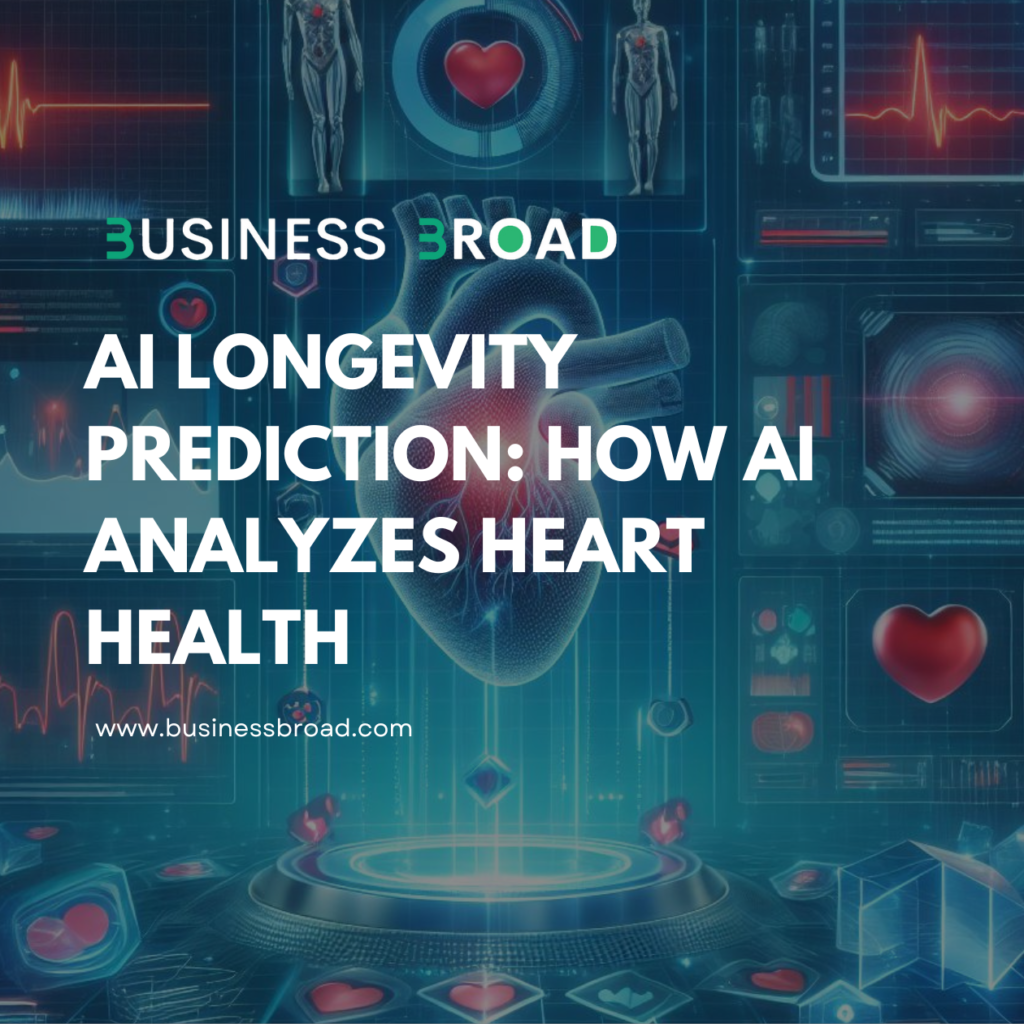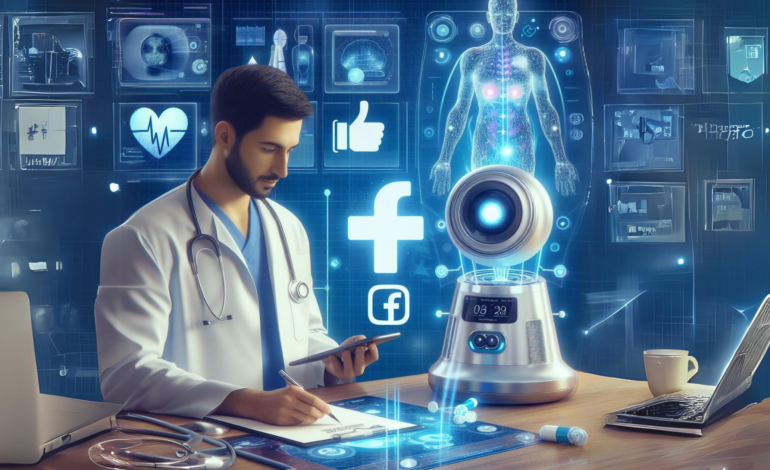In the ever-evolving landscape of medical technology, artificial intelligence (AI) is making remarkable strides. One of the latest breakthroughs involves AI longevity prediction, predicting an individual’s lifespan by analyzing their heart health. Imagine a world where a simple blood test and an AI algorithm can provide insights into how long you might live. It sounds like science fiction, but it’s becoming a reality.

The Birth of Young.AI (AI longevity prediction)
Young.AI, a pioneering project by Insilico Medicine, aims to revolutionize longevity predictions through AI. By leveraging AI, Young.AI tracks the “age” of our biological systems, offering a more meaningful estimate of our lifespan. But how does it work, and what makes it different from traditional methods?
The Science Behind AI longevity prediction
Deep Learning Analysis: Insilico Medicine conducted an extensive study involving blood tests from 130,000 individuals across different ethnic backgrounds. Collaborating with scientists from Johns Hopkins and the University of Oxford, they analyzed 21 commonly measured blood parameters, including cholesterol levels, inflammation markers, hemoglobin count, and albumin levels.
Population-Specific Algorithms: Using deep learning-based predictors, Insilico developed an algorithm that accounts for population-specific variations. By aligning blood chemistry with age and ethnicity, they created what they believe is the “first truly reliable aging clock for humans.”
Predicting Life Expectancy: Now, with just a single drop of blood, Young.AI can estimate an individual’s life expectancy. The algorithm considers various factors, providing a personalized prediction based on biological age rather than chronological age.
How to Get Your Prediction
Visit Young.AI: Anyone curious about their medical future can visit the Young.AI website. The analysis is entirely free.
Blood Testing: Participants need to have their blood locally tested for 18 parameters. These results are crucial for accurate predictions.
Upload Results and Photo: Along with the blood test results, users upload a facial photo. Insilico’s AI algorithm assesses aging based on visual indicators.
Instant Report: Within seconds, the site generates a report. If your biological clock age exceeds your chronological age, it’s time to take action.
Implications and Future Prospects
Young.AI’s potential impact is immense. Imagine identifying health risks early, allowing individuals to address weak indicators before they become life-threatening. Moreover, this technology could guide personalized healthcare decisions, optimizing preventive measures and treatments.
How accurate is Young.AI’s prediction?
Data Quality: The reliability of predictions heavily depends on the quality and diversity of the data used for training the AI algorithm. If the dataset lacks representation or contains biases, it may affect accuracy.
Individual Variability: Human health is incredibly complex, influenced by genetics, lifestyle, environment, and other factors. Young.AI considers blood parameters, but individual variations can impact the accuracy of predictions.
Long-Term Validation: Although Young.AI shows promising results, long-term validation is essential. Tracking individuals over decades to compare predicted and actual lifespans will provide a clearer picture of accuracy.
Ethnic and Cultural Differences: Different populations exhibit distinct health patterns. Young.AI’s algorithms need to account for these variations to ensure accurate predictions across diverse groups.
Dynamic Nature of Health: Our health changes over time due to aging, lifestyle modifications, and medical interventions. Predictions must adapt to these fluctuations.
Personalized vs. Generalized: Young.AI provides personalized predictions, but generalizing them to the entire population requires additional validation.
As AI continues to transform medicine, Young.AI stands at the forefront of longevity prediction. It’s a testament to the power of data, algorithms, and innovation.
So, the next time you wonder about your lifespan, remember that AI might hold the answer—a glimpse into the ticking clock of your biological age.
Meta AI: Transforming Healthcare Across the Board
Generative AI is coming for healthcare, and not everyone’s thrilled




